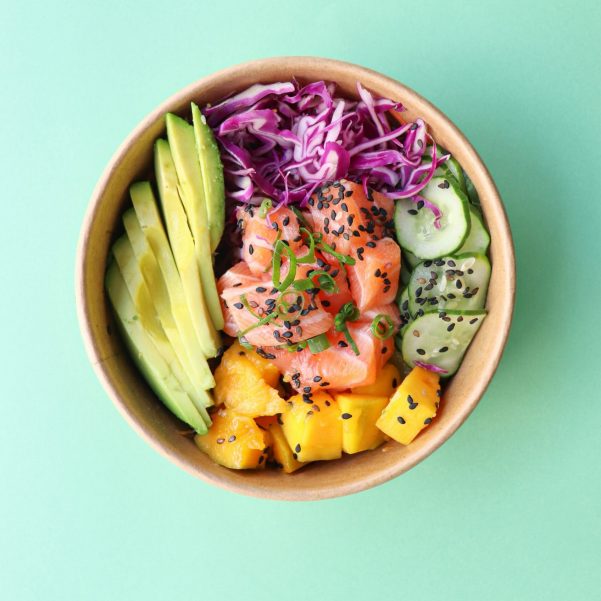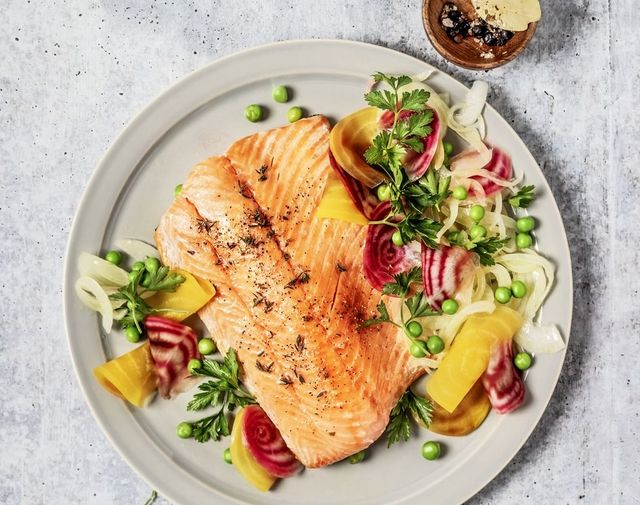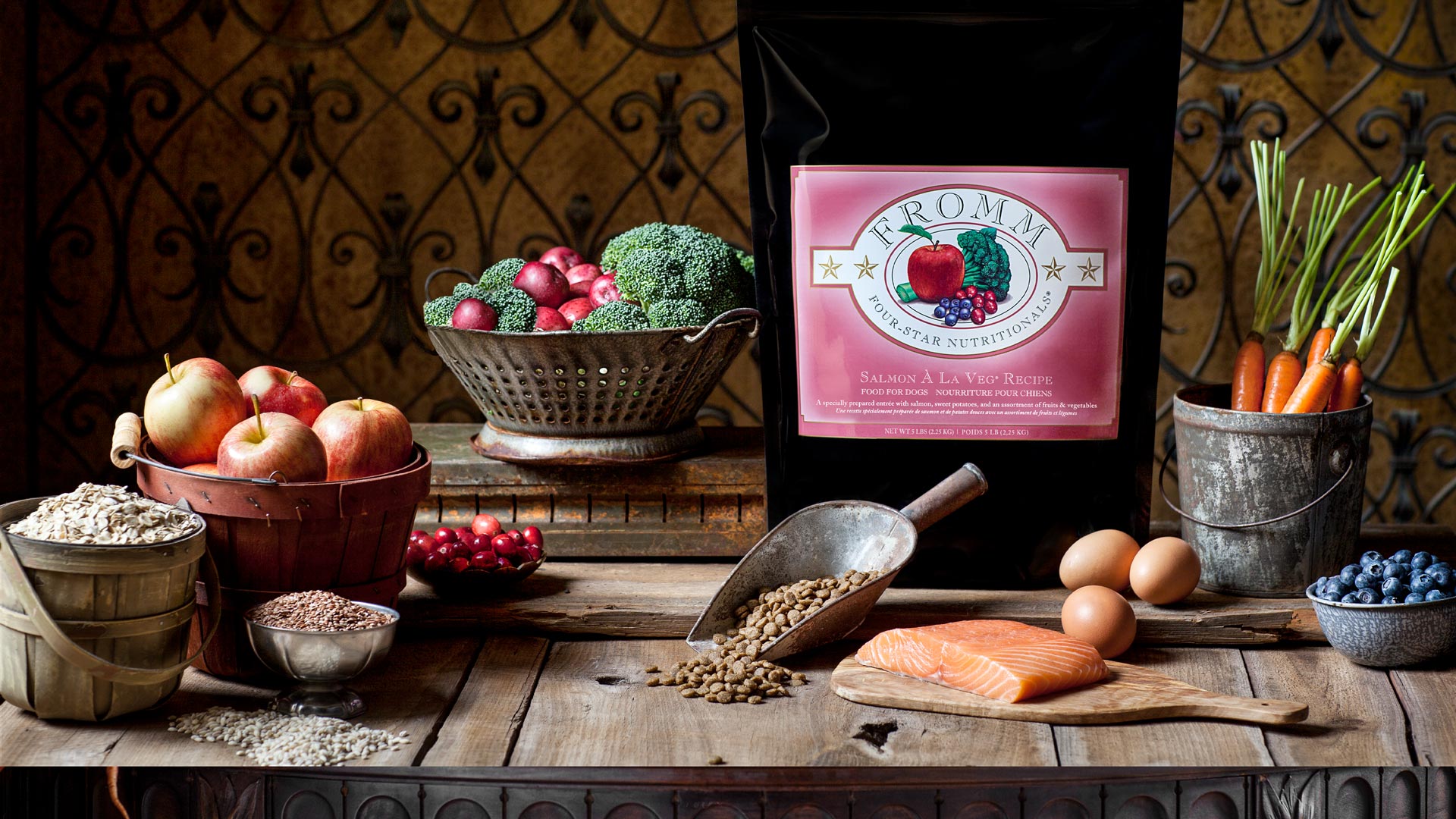
Try to find recipes for teenagers vegetarian that are also easy on the family. Look out for recipes that include lots of vegetables, whole grain, and protein. If your teenager adores meat, you can always add meat after cooking. It's best to start with vegetables and then add meat. This way, your teenager will eat more nutritiously and still have a satisfying meal.
Iron
Iron can be hard to find in vegetarian teenage recipes. Vegetarian teenagers can have a great source of iron. However, it is important to not deprive them of their iron. Vegetarian teens may be able to find iron in black beans soup, quesadillas (and other foods). Some people may also require iron supplements.
Vegetarian teens should get their iron mostly from plant foods. They need to consume around 1.8 grams of iron each day. Although liver is the best source, certain seeds and nuts are good sources.
Calcium
You should focus on whole grain and vegetable-rich recipes for teenagers who are looking for calcium-rich recipes. Make sure to look out for recipes high in protein. You can add protein to the dish if your teenager isn't a vegetarian.

Many teenagers are vegetarian for many reasons. Teenagers are open to trying new foods and won't eat any meat, fish, or dairy. However, they do consume small amounts. Parents should support this shift and ensure that the kitchen is stocked with plant-based foods.
Vitamin D
Vegetarians should pay close attention to what nutrients they eat. This includes proteins, calcium, Vitamin D, omega-3 fatty acids, and iron. Iron is particularly important, as deficiency can result in fatigue, chilling of the bones, and anemia. A balanced vegetarian diet should include lots of iron-rich foods such as leafy greens and legumes.
Hearty vegetable diets are the best source of essential nutrients for teens and adults. But vegetarians may be lacking in some nutrients. If your teen appears to be suffering from a shortage, it's worth discussing supplements with them. A well-planned vegetarian diet can be healthy for the whole family.
Zinc
Studies have shown that zinc intake has a positive impact on children's growth, cognition, and behaviour. Zinc deficiencies are a major health problem in both developing and developed nations. Through its bioavailability, a vegetarian diet can provide adequate zinc. High-zinc recipes can help teenagers who are vegetarian to increase their zinc status.
Zinc can help teens build strong bones, teeth, and teeth by providing a high-quality diet. Zinc also aids in the development of healthy immune system cells. Zinc can be obtained from vegetables like spinach and broccoli for vegetarian teens. Zinc aids the body to absorb iron which is a vital mineral for blood and immune function.

Vitamin B12
There are vegetarian teenager recipes out there that provide vitamin B12. These recipes will provide teens with an excellent source of this essential vitamin. Vitamin B12 deficiencies can be a serious health problem. Deficiency in vitamin B12 can not only lead to anemia but can also affect normal brain development in babies. You can test your blood for vitamin B12 to find out if it is missing.
Your metabolism and general health will determine how much vitamin B12 your teenager vegetarian needs. Vitamin B12 is vital for the creation red blood cells, and DNA. It is not difficult to get enough B12, but you may need to supplement your diet.
FAQ
How often should i exercise?
For a healthy lifestyle, exercise is vital. You don't have to exercise for a certain amount of time. It is important to find something you enjoy, and then stick with it.
If you exercise three times a week then aim for 20-30 mins of moderate intensity. Moderate intensity is when you still have to breathe hard after the workout. This type is good for burning around 300 calories.
For those who prefer to walk, you can go for 10-minute walks four times a week. Walking is low-impact and easy on your joints.
Jogging three times a week for 15 mins is enough if you want to run. Running is an excellent way to lose weight and tone your muscles.
Start slowly if you aren't used to doing exercise. Begin by doing 5 minutes of cardio each day, a few times per week. Gradually increase the time you do cardio until your goal is reached.
Why do we need to have a healthy lifestyle?
Healthy living can lead to a longer and happier life. A healthy lifestyle, regular exercise and good sleep habits will prevent the development of diseases such as stroke, diabetes and heart disease.
A healthy lifestyle can also help improve mental health and make it easier to deal with everyday stressors. A healthy lifestyle will increase self confidence, and it will make us feel younger.
What should you eat?
You should eat lots of vegetables and fruits. They are high in vitamins and minerals, which can help strengthen your immune system. They are also rich in fiber, which is good for digestion and makes fruits and vegetables filling. You should eat at least five servings per day of fruits and vegetables.
Drink plenty of water. Water flushes toxins out of the body and helps to feel full between meals. Drink about eight glasses each day.
Choose whole grains over refined ones. Whole grains have all their nutrients intact, including B vitamins, iron, zinc, magnesium, calcium, and protein. Refined grains lack some nutrition.
Avoid sugary drinks. Sugary drinks are loaded with empty calories and contribute to obesity. Instead, choose water, milk, and unsweetened tea.
Avoid fast food. Fast food has very little nutritional value. You won't get the energy you need to function well, despite how delicious it may be. Instead, stick to healthier options like soups and sandwiches, pasta, and salads.
Limit alcohol consumption. Alcohol is a poor nutrient and has empty calories. Limit your consumption to no more then two alcoholic beverages per week.
Reduce red meat intake. Red meats contain high amounts of saturated fat and cholesterol. Instead, choose lean cuts of beef and pork, lamb, chicken or fish.
How do I get enough vitamins?
You can obtain most of your daily requirement through diet alone. Supplements are an option if you are low in any vitamin. You can take a multivitamin supplement that contains all the vitamins you need. You can also purchase individual vitamins from your local pharmacy.
Talk to your doctor about the best foods for vitamins if you're concerned about not getting enough nutrients. You can find vitamins K and E in dark green leafy vegetable such as spinach, kale and turnip leaves, as well romaine lettuce and arugula.
Ask your doctor if there is any doubt about how much vitamin you should be taking. Your medical history and your current health status will help you determine the best dosage.
How does weight change with age?
How do you know if your bodyweight changes?
If there are less calories than muscle mass, then weight loss is possible. This means that you must consume more calories than you use daily. A decreased level of activity is the main cause of weight loss. Others include pregnancy, hormonal imbalances or certain medications. When more fat is consumed than muscle mass, weight gain occurs. This happens when people consume more calories than they burn during the day. Common reasons include overeating, increased physical activity, and hormonal changes.
The main reason why our bodies lose weight is because we consume fewer calories than we burn. Exercise regularly increases your metabolism rate, which allows you to burn more calories every day. However, this doesn't mean that we'll necessarily get thinner; what matters is whether or not we're losing fat or gaining muscle. Weight loss is possible if you burn more calories than you consume. However, if you consume more calories than you burn, you'll end up storing them for fat.
As we grow older, we tend to become slower at moving around and therefore we don't move as much. We also tend not to eat as much food as we used to when we were younger. As a result, we gain weight. On the other hand, we have more muscle mass and look larger than we actually are.
Without weighing yourself each week, there is no way to know how much weight you have lost. There are many ways to determine your weight. There are many ways to measure your weight. You can check your waist, hips, thighs, arms and legs. Some people prefer using bathroom scales and others prefer tape measures.
If you want to track your progress, you should try weighing yourself once a week and measuring your waistline once a month. You can also take pictures of yourself every few months to see how far you've come.
Online measurements of your height, weight and body mass can help you determine how much. You'd likely weigh 180 pounds if you were 5'10 tall and 180 pounds if you were 180lbs.
How can I lower my blood pressure
First, you must determine what is causing high blood pressure. You must then take steps towards reducing the problem. This could include eating less salt, losing weight if necessary, taking medication, etc.
It is important to ensure that you get enough exercise. If you don’t have enough time to exercise regularly, consider walking more often.
Consider joining a gym if your current exercise regimen is not satisfying you. A gym that has other members who share your goals will be a good place to start. It's much easier to follow a routine if someone is with you at the gym.
Statistics
- The Dietary Guidelines for Americans recommend keeping added sugar intake below 10% of your daily calorie intake, while the World Health Organization recommends slashing added sugars to 5% or less of your daily calories for optimal health (59Trusted (healthline.com)
- According to the Physical Activity Guidelines for Americans, we should strive for at least 150 minutes of moderate intensity activity each week (54Trusted Source Smoking, harmful use of drugs, and alcohol abuse can all seriously negatively affect your health. (healthline.com)
- In both adults and children, the intake of free sugars should be reduced to less than 10% of total energy intake. (who.int)
- nutrients.[17]X Research sourceWhole grains to try include: 100% whole wheat pasta and bread, brown rice, whole grain oats, farro, millet, quinoa, and barley. (wikihow.com)
External Links
How To
27 steps to a healthy lifestyle if your family only eats junk food
Cooking at your home is one of the easiest ways to eat healthier. But, it can be hard to make healthy meals because many people don't know how. This article will give you some tips on how to make healthier choices when eating out.
-
Look for restaurants that offer healthy choices.
-
Order salads before you order any meat dishes.
-
Ask for sauces without added sugar.
-
Avoid fried foods.
-
Grilled meats are better than fried.
-
Do not order dessert unless you really need it.
-
It is important to have something other than dinner.
-
Eat slowly and chew thoroughly.
-
Get plenty of water when you eat.
-
Don't skip breakfast and lunch.
-
Fruits and vegetables are a great addition to every meal.
-
Consume milk and not soda.
-
Try to stay away from sugary drinks.
-
Reduce salt intake.
-
Try to limit the number of times you go to fast food restaurants.
-
Ask someone to join you if you cannot resist temptation.
-
Don't let your children watch too much TV.
-
Do not turn on the television while you eat.
-
Drink no energy drinks
-
Take regular breaks from the office.
-
Get up earlier in the morning to exercise.
-
Get active every day.
-
Start small and build up gradually.
-
Realistic goals are important.
-
Be patient.
-
Exercise even if it's not your favorite thing to do.
-
Use positive thinking.